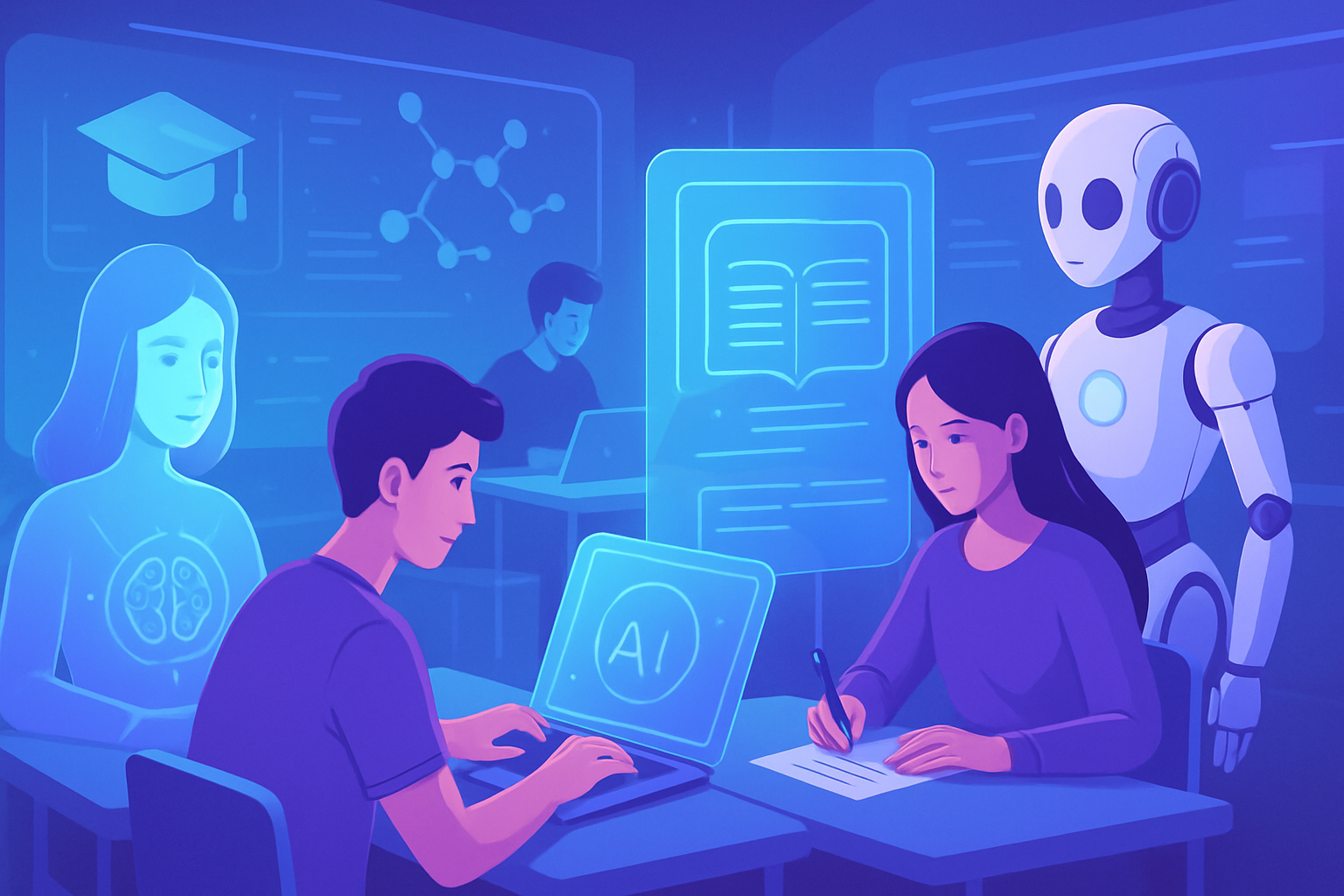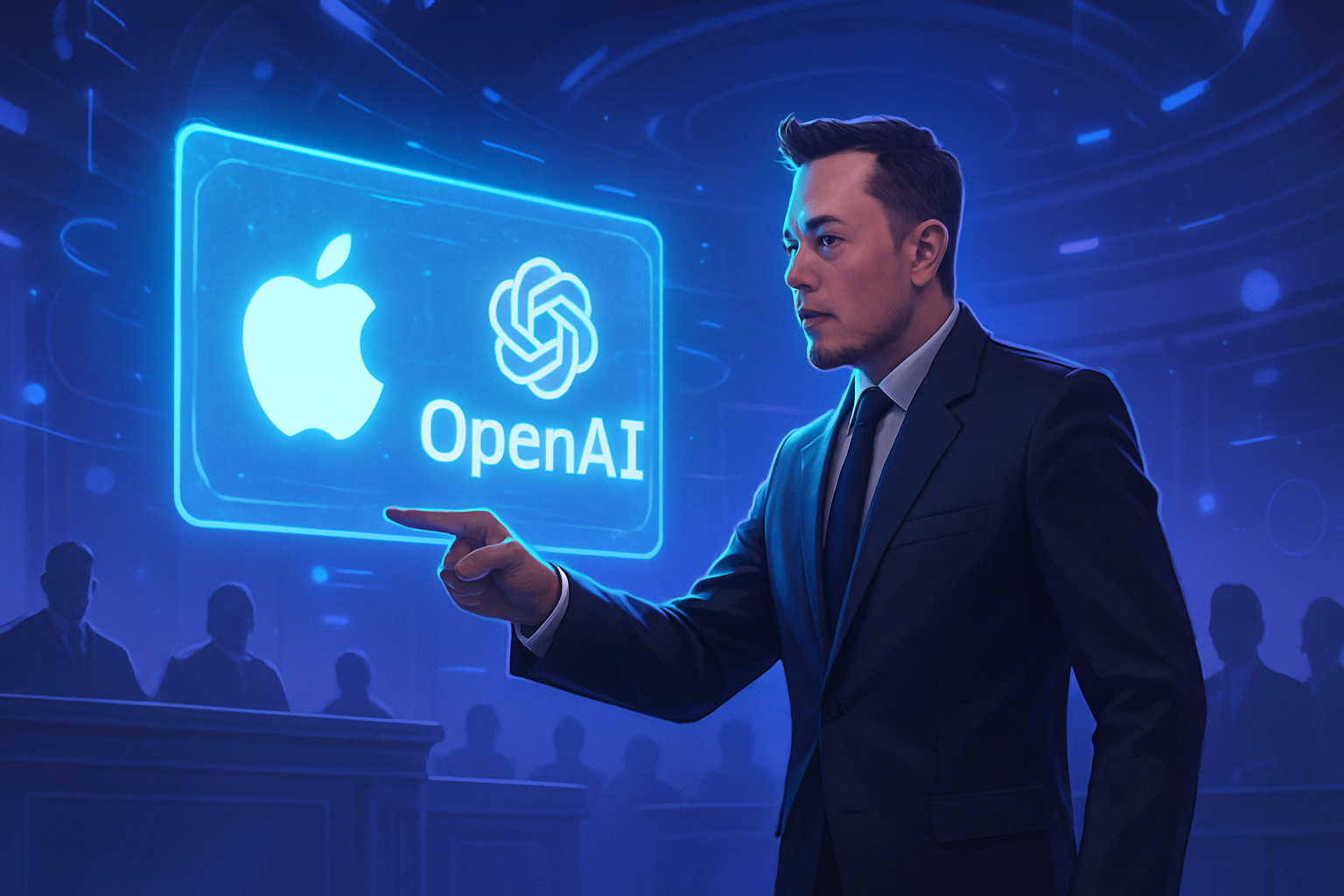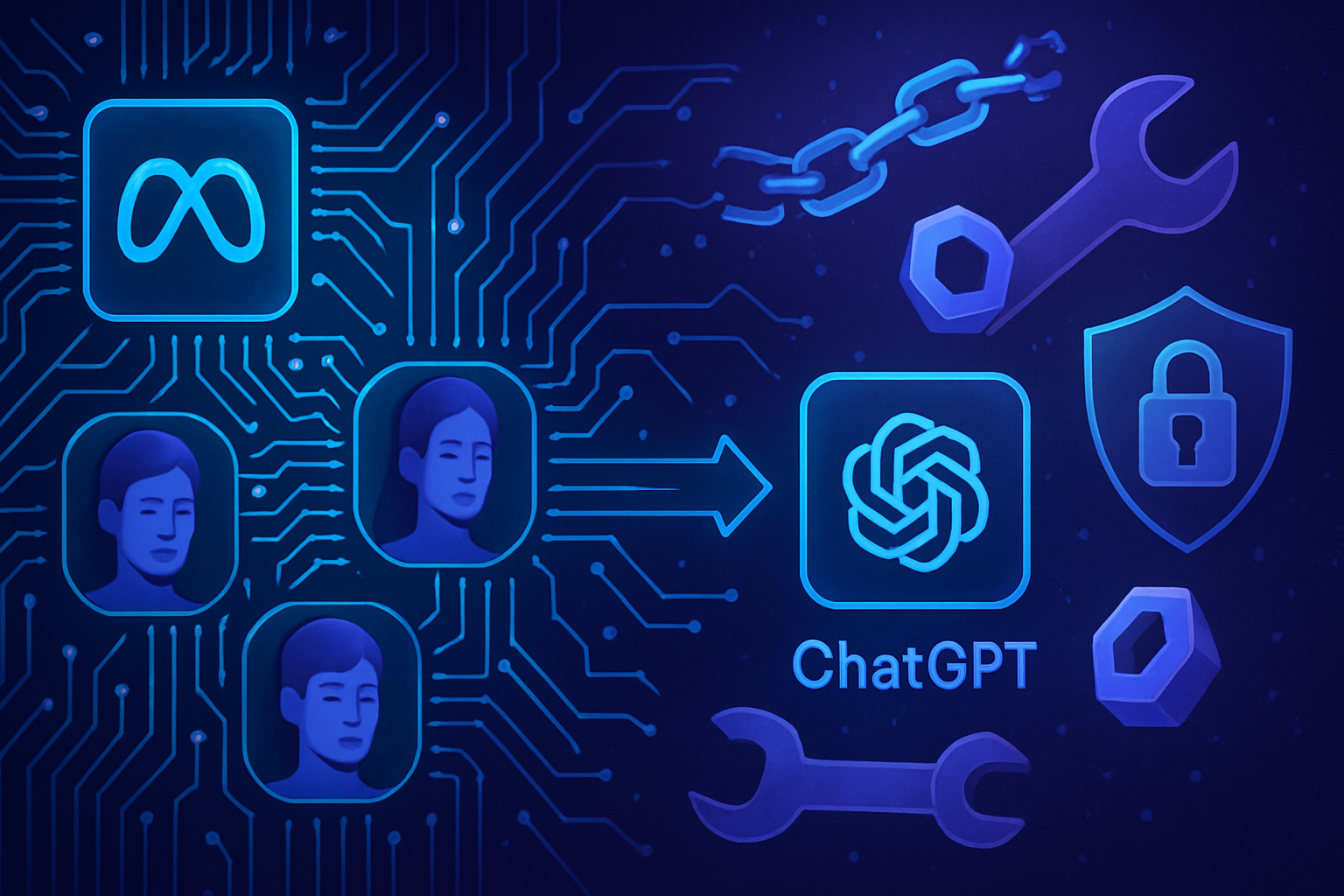Denmark is preparing to transform academic assessment with the integration of artificial intelligence in the baccalaureate exams. Starting from 2026, some high school students will be allowed to use AI tools during the oral English exam. This initiative marks a significant turning point, establishing a strict framework for digital usage. This innovative approach aims to balance traditional skills and advanced technologies. Educational decision-makers emphasize the common educational future of yesterday’s students and tomorrow’s professionals.
A new educational era is on the horizon in 2026. The primary objective of this experiment remains the effective preparation of students for professional reality. The use of AI during exams stimulates interactions between analog and digital knowledge.
Introduction of artificial intelligence in exams
From 2026, Denmark will undertake a major reform by integrating the use of artificial intelligence (AI) in the oral English baccalaureate exam. This decision, communicated by the Ministry of Education, marks a significant turning point in the Danish educational framework.
Conditions for using AI
High school students will have the opportunity to use artificial intelligence tools during the preparation phase for their exam. One hour will be allocated for this preparation, during which all tools will be accessible, including generative AI. This change aligns with a desire to adapt learning methods to contemporary demands, where digital technology plays a predominant role.
A rigorous framework for evolutionary learning
The strict framework established around the use of AI aims to promote a collaborative learning environment. The Minister of Education, Mattias Tesfaye, specifies that this approach is intended to be strategically balanced. The goal is to prepare students for a future where digital skills are essential.
Borderline experimentation
This initiative will be implemented exclusively within the general track. Only volunteer high schools will be able to participate in this experiment. This deliberate choice demonstrates the Danish authorities’ willingness to test these new methods before any possible widespread implementation.
The impact on the educational system
This reform could profoundly alter how students learn. The introduction of AI allows for the development of critical skills, such as searching for relevant information and analyzing data. By harnessing these new technologies, Denmark aims to strengthen its students’ adaptability to future challenges.
An international perspective
Denmark is not the only nation contemplating such a disruption. Countries around the world are examining the impact of artificial intelligence on the educational system. The Danish experience could serve as a model for other countries looking to integrate these technologies into their school curricula.
Reception and criticism
The decision to allow the use of AI during exams has sparked divergent opinions. Some educators view it as a breakthrough, while others express concerns about students’ autonomy. The fear of becoming overly reliant on these tools is present in the current debate over the appropriateness of such reform.
Emerging technological trends
Recent advancements in artificial intelligence, such as those presented in articles regarding new dialogue systems in Japan, reinforce the importance of this trend. The impacts of future technologies on the educational environment remain a central concern for decision-makers.
Denmark, by its willingness to embrace artificial intelligence in its educational system, is laying the groundwork for other nations eager to evolve in the same direction. The exploration of the benefits and challenges associated with this initiative is part of a broader reflection on the future of education.
Frequently asked questions about the use of artificial intelligence in the baccalaureate exams in Denmark
When will the use of artificial intelligence be allowed during exams in Denmark?
It will be allowed starting from 2026 for the oral English baccalaureate exam.
What artificial intelligence tools will students be able to use?
Students will be able to use all tools, including generative AI, during the preparation phase of the oral exam.
What types of exams are covered by this initiative?
This initiative concerns only the oral English exam for high school students, within the general track.
Will schools need to volunteer to participate in this experiment?
Yes, only high schools that volunteer will be able to participate in this experiment.
Why did Denmark decide to introduce AI in exams?
Denmark seeks to encourage digital development in learning while finding a balance between the analog and digital worlds.
How will students prepare for the use of AI during the exam?
Students will have one hour of preparation during which they can use AI to structure their oral presentations.
What are the implications of this initiative for the Danish educational system?
This initiative aims to modernize the Danish educational system by integrating digital tools to better prepare students for professional realities.
Will the use of AI influence evaluation methods?
Yes, the introduction of AI could transform evaluation methods, allowing for different approaches tailored to students’ digital skills.






